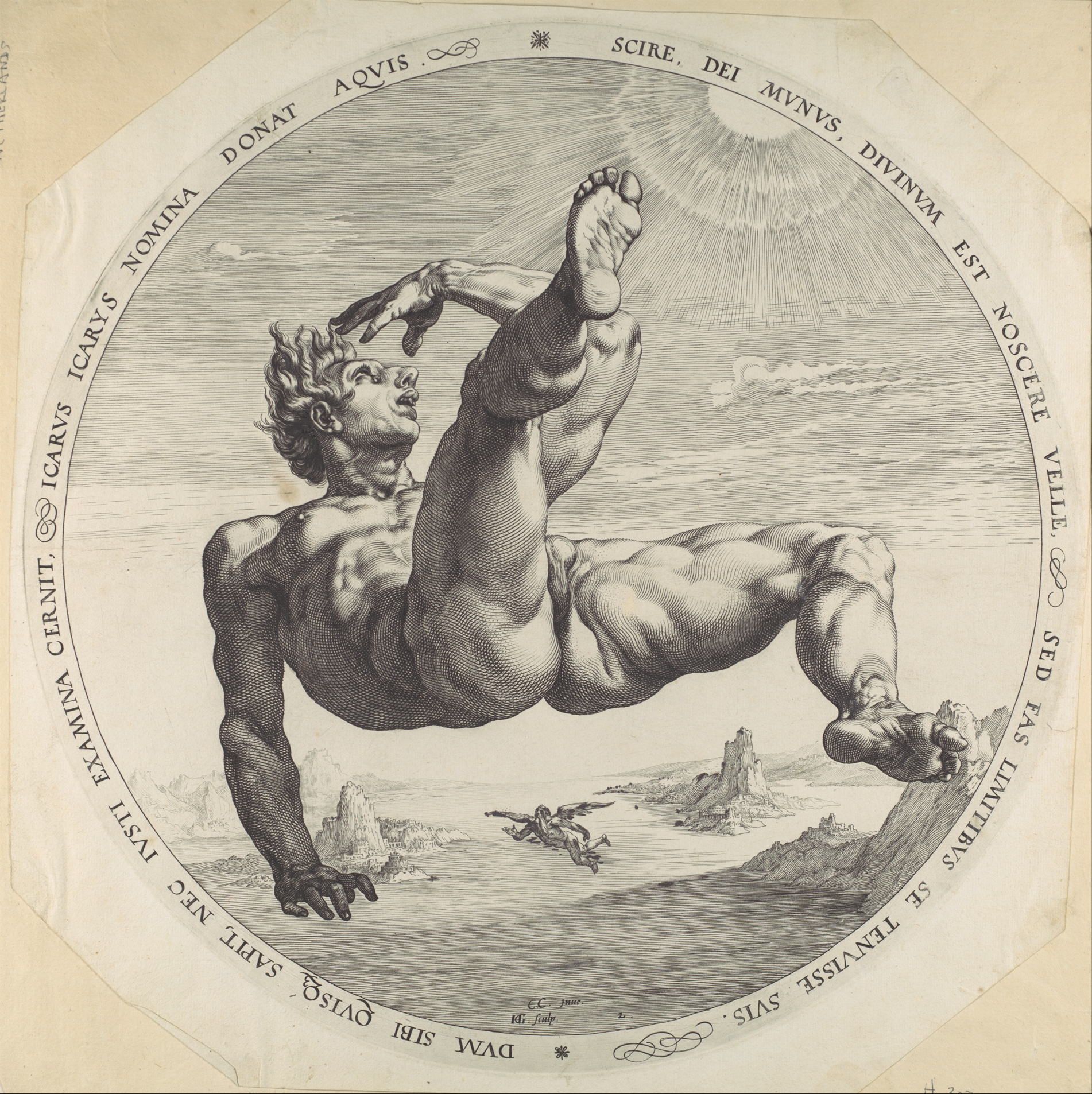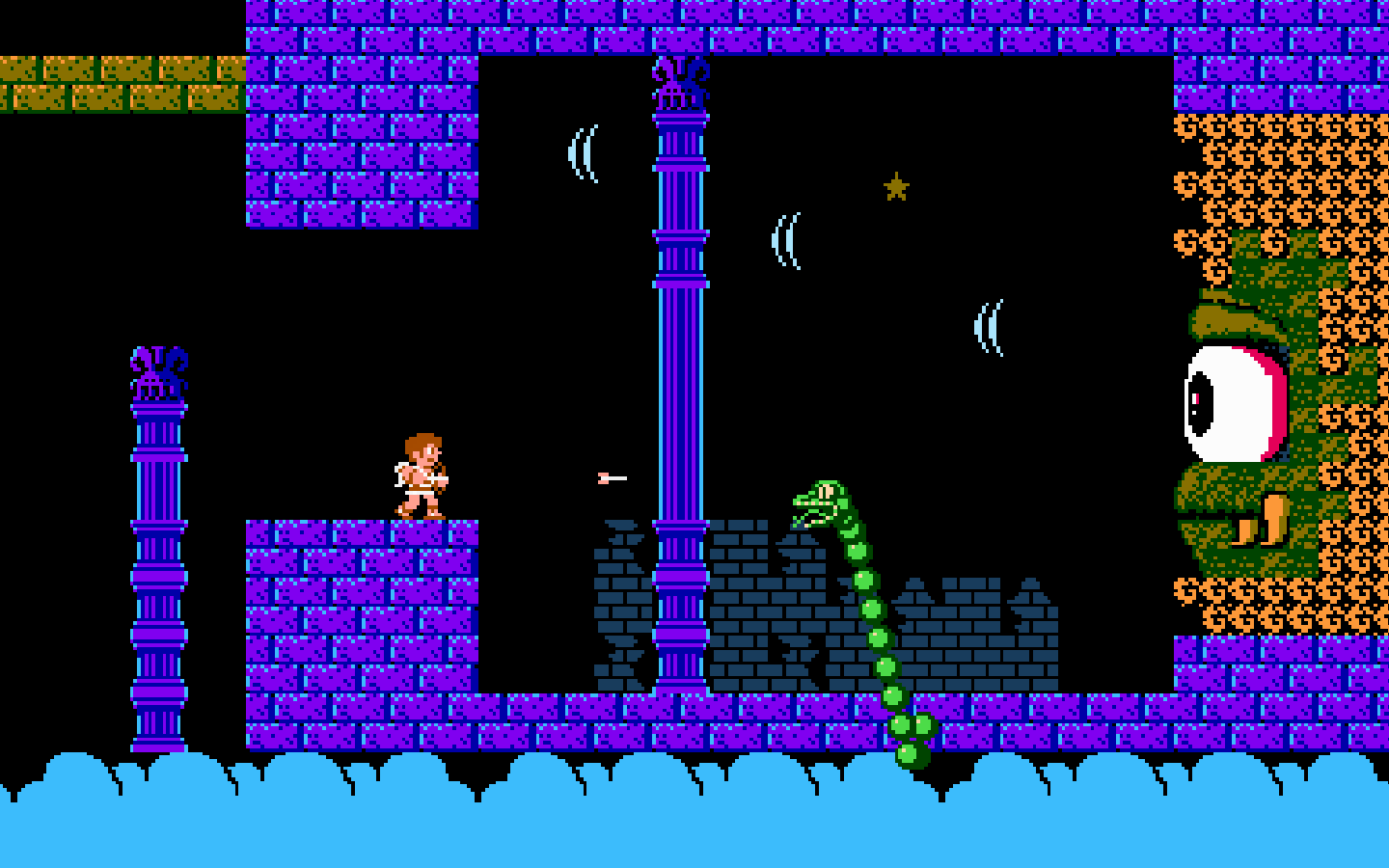 |
| A view from immanence |
Commonly Misused Words:
What is the difference between imminent, eminent, and immanent?
I read a blog article on the "eminent" release of the iPad 2. Is there a problem here? While the iPad is an eminent tablet device, no doubt, the correct word choice should have been "imminent."Differences in Meaning
The two words are understandably confusing since the difference in meaning relies on the placement of an "e" or an "i."
Imminent simply means "coming soon," or, "on the way," as in the phrase, "the imminent demise of the laptop in a tablet-crazed world."
Eminent (one "m") means noteworthy or deserving of esteem, or recognition. Prince Charles has the eminent title of Prince of Wales.
Differences in Pronunciation
Note there is a slight pronunciation difference. The two words are not homophones, meaning they sound alike but have different meanings. The "em" in eminent is the em sound in M&M (the last "m"). The "im" in imminent is an "im" sound as in the vowel sound in "him."
Both words, imminent and eminent, also have noun forms, imminence and eminence. So watch out for those too when they pop up. A Cardinal of the Catholic Church is called, "Your Eminence," in a formal address. Not Your Imminence.
To make it more complicated there's the word "immanent" which sounds like imminent. If something is immanent, however, it means it's "at hand."
I can say that my existence is immanent, "within reach," and not in a far-away sky out of reach.
Special Meanings, Too
In philosophy, we use the opposing pairing of immanent, "at hand," with "transcendent," beyond reach.
Immanent can also have a noun form, "immanence."
 |
Find teacher-related resources
on the Stones of Erasmus TpT Store.
|
Got that? Eminent, imminent, and immanent. They're different.





